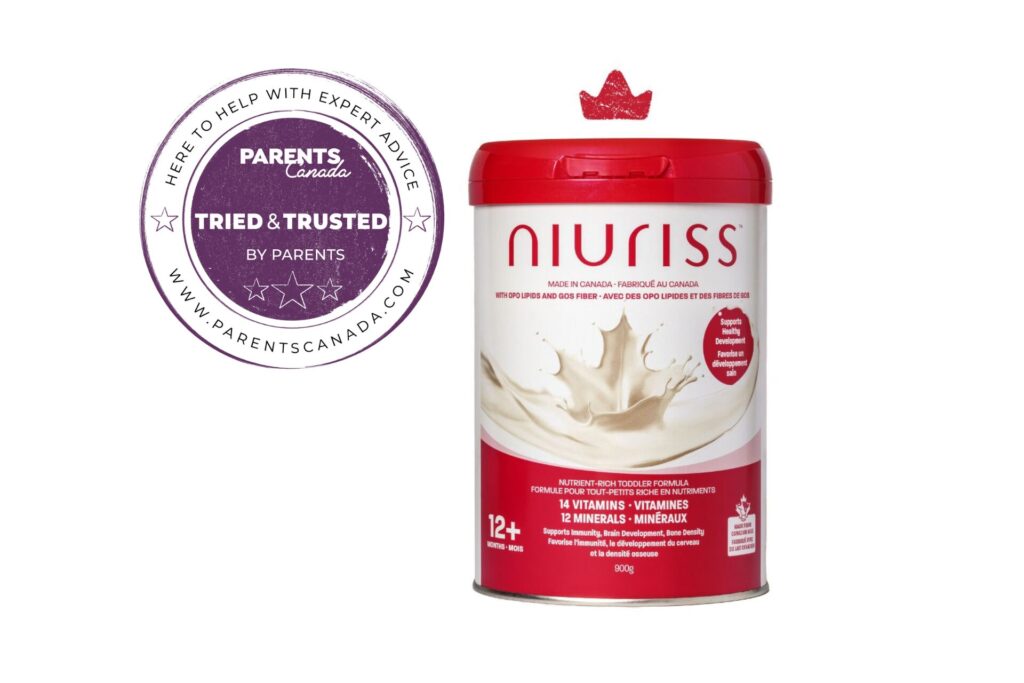My daughter has always been a mommy’s girl. She is constantly underfoot and requires my parenting services over my husband’s about 99 percent of the time. My husband could be standing in the kitchen, cup in one hand, milk jug in the other, and my daughter will still ask me to get her a cup of milk.
This doesn’t bother my husband, but it does bother me. Obviously this kid is the love of my life, but once in awhile, I’d just like my space. It’s great to be needed, but every mom needs a break once in awhile.
Tonia Tirabassi has the opposite problem. Since returning to work after maternity leave, this Hamilton, Ont. mom has watched her once mama’s boy suddenly gravitate to Dad. “The other day I asked him if he was excited to move to our new house and he told me, ‘You are moving to the new house. Daddy and I are staying in the apartment’.”
So, what can you do if your toddler prefers one parent over the other?
Dr. Christine Chambers, child psychologist and professor of pediatrics and psychology at Halifax’s Dalhousie University, says this is a common toddler behaviour.
“It’s normal for children to demonstrate preferences for particular parents over time. It has nothing to do with who they love the most. Preferences can develop for a variety of reasons,” she says. “For example, the child may become accustomed to one particular parent meeting a particular need, or they prefer the novelty of a parent who they don’t spend as much time with. In many cases preferences that become long-term often just become a habit.”
Tonia can relate to the theory of “habit”. While Walker prefers spending “fun time” with Dad, “bedtime is a completely different story,” she says. “Dad gets ignored and I get stuck playing the two-hour go-to-sleep game.”
If she’s being honest, Tonia admits Walker’s favouritism has upset her in the past. Dr. Chambers wants parents to know that though it may be tough, they shouldn’t take it personally when their toddler chooses a fave, and to be patient with the behaviour.
“It’s important to avoid making any negative comments about the situation and their feelings to the child. Avoid saying things like, ‘How come you don’t want to hang out with me?’ That just draws more attention to the situation and can make the child feel badly, giving less motivation to move towards the ‘shunned’ parent.”
If a parent is truly feels left out, Dr. Chambers suggests finding times to provide positive interaction. For example, when your toddler is about to melt down because he wants Dad to help him with his shoes and not Mom, Mom can say, “Daddy isn’t here to help you right now, but I am.” Be patient. If the meltdown continues, be firm, ignore any protests, and don’t give in.
The reality of toddler life is that they change day to day. Tonia’s spirits were lifted the other day as, in true toddler form, Walker burst into the bathroom as she was peeing, simply to say, “I love you so much today!”
Originally published in ParentsCanada magazine, November/December 2015.









